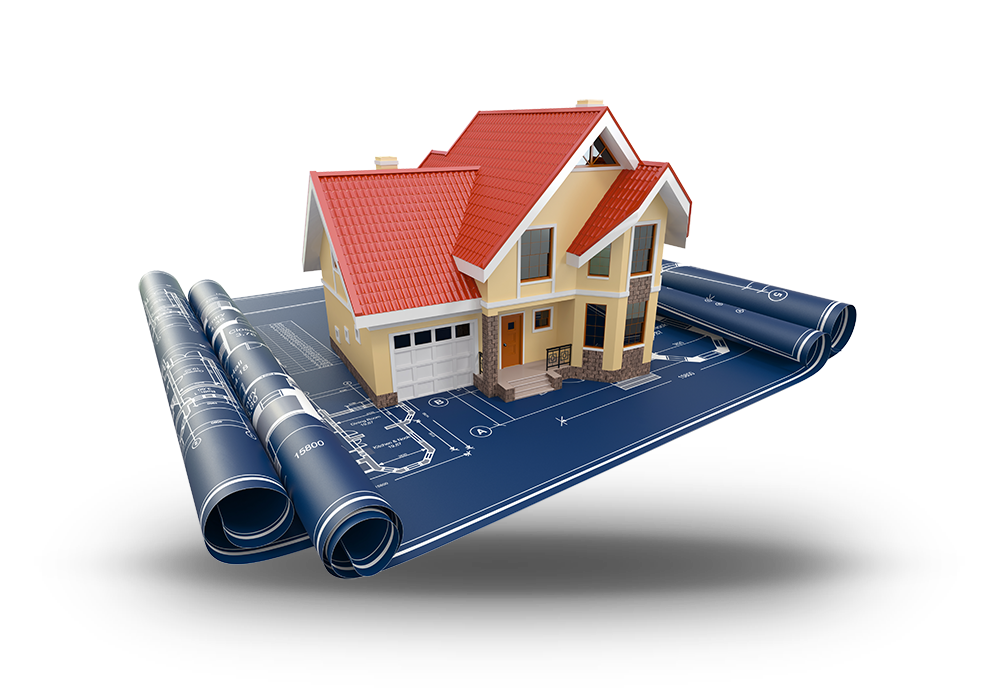With the demand for modern homes keeps to increase, builders and property owners are more and more integrating advanced technology into their construction plans. Home automation has emerged as a major trend in new construction, changing traditional living areas into smart environments that enhance comfort, safety, and resource efficiency. From smart lighting systems to high-tech security features, the options for creating a fully connected home are nearly limitless.
In this article, we will examine the newest trends in home smart home technology for modern construction, offering information and advice for those interested in constructing a new home. Whether you are considering the advantages of smart home features, looking for the best materials to use, or attempting to manage the challenges of financing and budgeting, we will cover a range of topics to help you make knowledgeable choices. Come along as we delve into the exciting future of home building and the essential components that make contemporary homes truly smart.
Navigating the House Building Process
Constructing a new house can feel overwhelming at the beginning, but breaking it down into doable steps can make easier the process. Start by grasping the initial phases, which comprise setting your financial plan, choosing a location, and deciding on the type of home you desire. Investigating and hiring the right house builder is crucial, as they will guide you through the entire process. It's important to inquire potential builders about their experience, past projects, and recommendations to make sure you select someone who aligns with your goals and expectations.
Once you have selected a builder, you'll move into the design phase. This includes choosing a layout, making design choices, and deciding on the intelligent house features you want to add. Consider current trends for energy-efficient designs and materials that can assist reduce utility costs. Longshaw Construction might be attractive for community interactions, while traditional layouts can provide more defined spaces. Taking these choices early on will set the stage for a more seamless building procedure.
When construction starts, stay engaged and informed. Comprehending the construction timeline can help you manage expectations and avoid surprises. Communicate regularly with your builder to monitor progress and resolve any issues that come up during the different phases. Staying proactive can prevent delays and make certain that your new house aligns with the concept you initially envisioned. In the end, handling the home building process effectively means being well-prepared and remaining engaged from beginning to end.
Key Considerations for New Construction
When starting a new home construction project, one of the key considerations is the selection of the ideal location. The area and adjacent community can considerably impact your quality of life and long-term property value. It's essential to consider factors such as closeness to schools, shopping, and transportation, as well as the general safety and amenities of the area. Looking into zoning laws and planned developments can also provide insights into how the neighborhood may change over time.
An additional vital aspect is understanding the construction timeline and phases involved throughout the building process. Knowing how long it will take to build your home offers clarity and helps manage forecasts. This timeline can vary significantly depending on factors like weather conditions, availability of materials, and the capability of your selected builder. Recognizing potential delays and having a direct communication line with your builder can ensure a more efficient construction experience.
Budgeting is a crucial component of new home construction. It's important to establish a realistic budget that includes not just the upfront costs of land and construction, but also hidden expenses such as permits, design, and landscaping. Understanding where to save versus where to invest can greatly affect the quality and functionality of your fresh home. Collaborating with a financial advisor or builder can help you manage financing options and ultimately make informed decisions throughout the building process.
Concluding Steps Prior to Relocating
As you near the completion of your fresh home, conducting a thoroughgoing inspection is crucial. This procedure will help you spot any concerns that should be addressing before you officially move in. Focus on areas such as flooring, window frames, pipes, and electrical systems. Make a checklist of items to inspect, and feel free to consult professionals if you're doubtful about certain aspects. This final inspection is your chance to ensure that all details meets your standards.
Once you've wrapped up the inspection, it's time to tackle any pending tasks, including acquiring the necessary permissions to live in the home. Confirm that https://sockinsect1.bloggersdelight.dk/2025/02/13/a-impact-of-innovation-in-contemporary-residential-building/ have been passed, and look for any final approvals required by your local authorities. Understanding zoning laws and building codes will help you prevent any last-minute complications, ensuring a smooth transition into your recently acquired residence.
In conclusion, organize your move carefully. Consider the most suitable time of year to set in, as weather conditions can significantly influence the process. Recruit help from friends or qualified movers, and be strategic about organizing and unpacking your belongings. Additionally, create a arrangement for your new space to enhance functionality and aesthetic appeal, helping you settle into your recently established home seamlessly.

